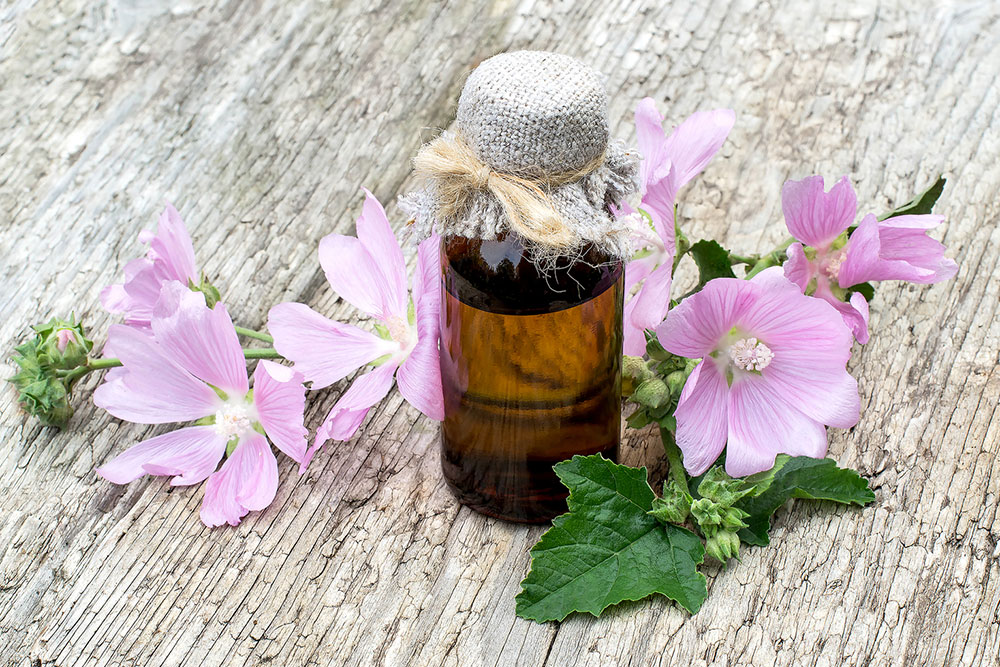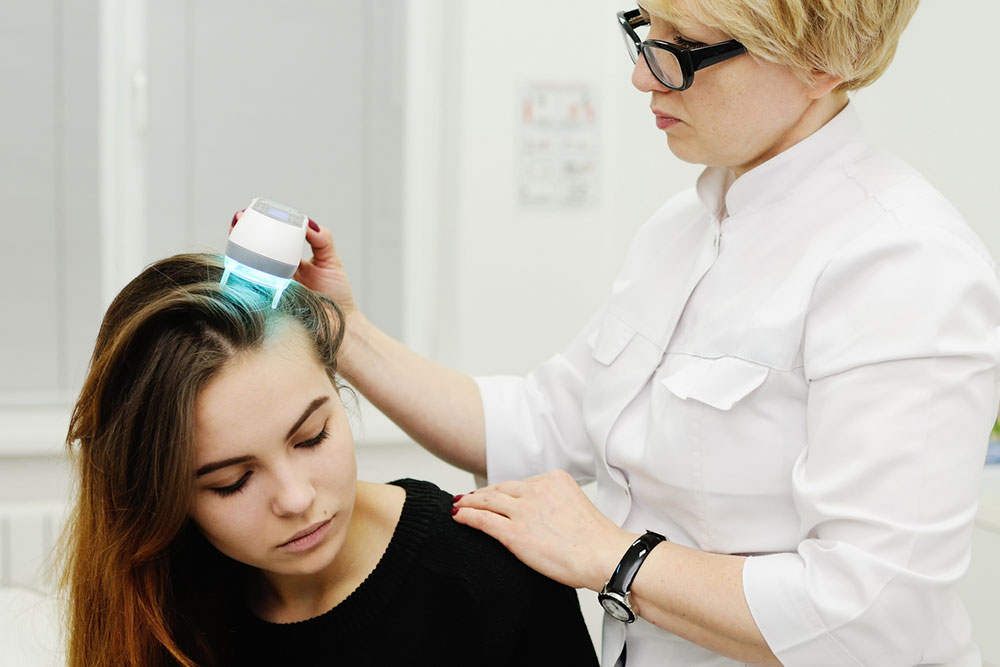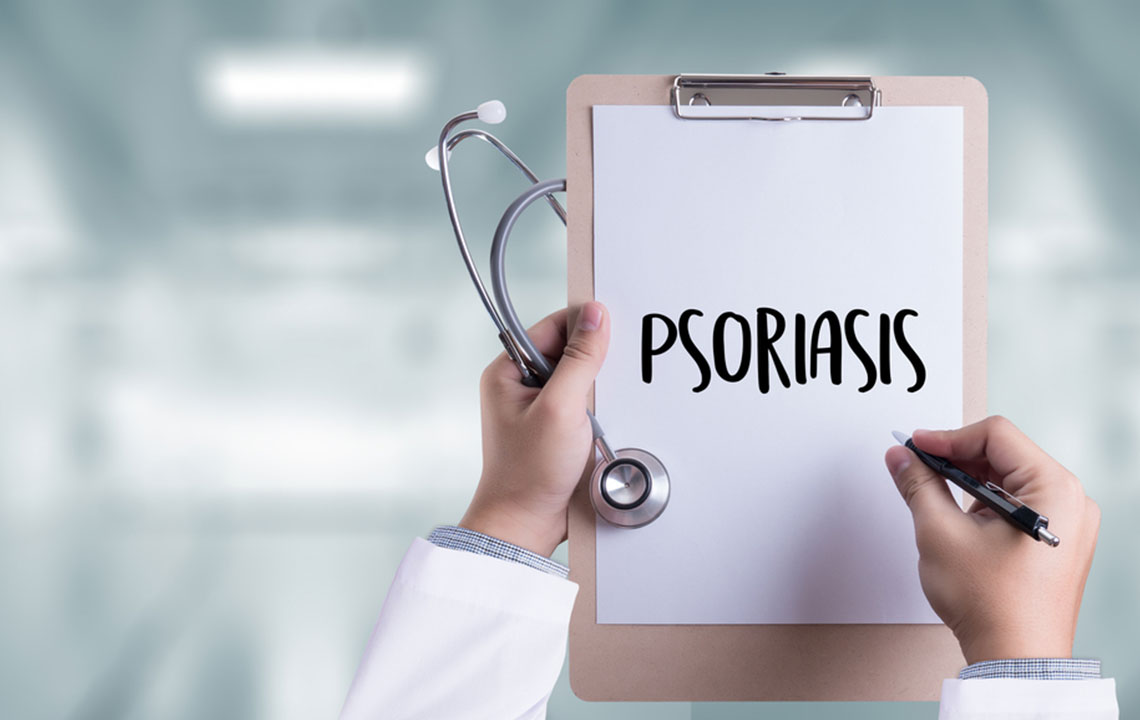Comprehensive Guide: 9 Proven Strategies to Manage Psoriasis Flare-Ups Effectively
This comprehensive article explores nine effective strategies to manage and control psoriasis flare-ups. It covers stress reduction, lifestyle modifications, skin care routines, dietary considerations, and medical advice, offering practical tips to improve skin health and reduce symptoms. Whether you're newly diagnosed or seeking better management techniques, this detailed guide provides essential information to help you control psoriasis effectively and enhance your overall well-being.

Comprehensive Guide: 9 Proven Strategies to Manage Psoriasis Flare-Ups Effectively
Living with psoriasis can be a persistent challenge, particularly when flare-ups occur unpredictably and are resistant to treatment. Psoriasis is a chronic autoimmune skin condition characterized by rapid skin cell turnover, leading to patches of thick, red, scaly skin that can cause discomfort and psychological distress. While there is no absolute cure for psoriasis, understanding the factors that trigger flare-ups and adopting effective management strategies can significantly reduce their frequency and severity. This comprehensive guide explores nine scientifically supported techniques to help individuals control and minimize psoriasis flare-ups, improving overall skin health and quality of life.
Understanding Psoriasis and Its Triggers
Psoriasis is an immune-mediated condition where your immune system mistakenly attacks healthy skin cells. This response results in accelerated cell production, forming the characteristic plaques seen in psoriasis. The exact cause remains unknown, but it involves a combination of genetic predisposition and environmental factors. Various external and internal triggers can exacerbate your condition, leading to sudden flare-ups that may last for days or weeks. Recognizing and managing these triggers is crucial for effective psoriasis control.
Common psoriasis triggers include:
Stress: Emotional or physical stress can disrupt immune balance and precipitate outbreaks.
Infections: Streptococcal infections or other illnesses often trigger psoriasis flares.
Smoking: Tobacco accelerates inflammation and impairs treatment efficacy.
Alcohol Consumption: Excessive alcohol intake can worsen skin inflammation and interfere with medication.
Weather Conditions: Cold, dry weather dries skin, aggravating psoriasis; sunlight, when used appropriately, can be beneficial.
Medications: Certain drugs, including NSAIDs, beta-blockers, and antimalarials, may trigger or worsen symptoms.
Skin Injury: Cuts, scrapes, or sunburns can lead to the development of new psoriatic plaques (Koebner phenomenon).
Dietary Factors: Certain foods like red meat, dairy, or gluten may influence inflammation in some individuals.
Strategies for Managing Psoriasis Flare-Ups
Implementing a proactive approach tailored to your specific triggers can substantially reduce the frequency and severity of psoriasis flare-ups. Below are nine key strategies supported by medical research and clinical expertise, designed to help manage this condition effectively:
1. Reduce Stress Through Mindfulness and Relaxation Techniques
Stress is one of the most significant exacerbating factors in psoriasis. Chronic stress accelerates immune response, leading to more frequent and severe outbreaks. Engaging in relaxation activities such as meditation, yoga, deep-breathing exercises, or even hobbies like gardening can lower stress levels. Regular practice can improve mental health and have a positive impact on skin health.
Furthermore, maintaining a regular sleep schedule and seeking emotional support when needed can help stabilize stress-induced triggers. Clinical studies have shown that stress management can lead to fewer psoriasis flare-ups and better overall well-being.
2. Quit Smoking and Limit Alcohol Intake
Smoking has been strongly linked to increased psoriasis severity. Nicotine and other chemicals in cigarettes promote systemic inflammation, impair skin repair processes, and may reduce the effectiveness of treatment options. Quitting smoking not only benefits overall health but also helps mitigate psoriasis symptoms.
Similarly, excessive alcohol consumption contributes to immune dysregulation and increases inflammation. Limiting or abstaining from alcohol can lead to improved response to treatments and a reduction in flare-ups. Support programs, counseling, and behavioral strategies can assist in these lifestyle changes.
3. Optimize Your Diet for Skin Health
Ever-changing, personal diet plans can help identify specific foods that may worsen psoriasis. Maintaining a food diary is a practical approach to detect possible dietary triggers. Many individuals find that reducing or eliminating red meats, processed foods, or dairy products alleviates symptoms. Incorporating anti-inflammatory foods such as omega-3-rich fish, leafy greens, and fruits can promote skin health.
Consulting a nutritionist or healthcare provider ensures you develop a balanced diet that supports immune function and overall wellness. Emerging research suggests that certain dietary modifications can improve psoriasis management and reduce flare frequency.
4. Engage in Regular Physical Activity
Exercise offers multiple benefits for psoriasis sufferers, including stress reduction, weight management, and improved circulatory health. Activities like brisk walking, swimming, cycling, or yoga can boost endorphin levels, enhance sleep quality, and diminish stress—all factors that contribute to fewer flare-ups.
Mechanistically, moderate physical activity can also modulate immune responses, potentially reducing inflammation associated with psoriasis. It's essential to choose exercises suited to your abilities and avoid excessive sweating or skin injury during workouts.
5. Adhere to a Proper Skin Care Regimen
Maintaining healthy skin is vital in psoriasis management. Regularly moisturizing your skin with dermatologist-recommended emollients helps prevent dryness, cracking, and flakiness. Organic or fragrance-free lotions minimizing allergen exposure are preferable, especially for sensitive skin.
Gentle cleansing with lukewarm water and mild, fragrance-free soaps protects your skin barrier. Avoid harsh scrubs and abrasive products, which can worsen irritation. Incorporating prescribed topical treatments as directed by your healthcare provider ensures optimal skin hydration and control over flare-ups.
6. Use Lukewarm Water and Gentle Cleansing Products During Baths and Showers
Hot water may strip natural oils from your skin, leading to dryness and aggravating psoriasis plaques. Instead, opt for lukewarm water when bathing or showering. Limiting exposure to water and avoiding long baths can help prevent moisture loss.
Choose gentle, fragrance-free cleansers, and avoid harsh soaps or scrubbing tools that may cause skin injury or inflammation. Pat your skin dry with a soft towel rather than rubbing, and immediately apply moisturizer to lock in hydration.
7. Review and Adjust Your Medications with Healthcare Guidance
Some medications can trigger or worsen psoriasis symptoms—NSAIDs, beta-blockers, antimalarials, and certain antidepressants are common culprits. If you notice a correlation between medication use and flare-ups, consult your healthcare provider promptly.
Alternatives or dosage adjustments may be necessary to manage both your underlying condition and psoriasis effectively. Never stop or alter prescribed medication without medical advice.
8. Achieve and Maintain a Healthy Weight
Research indicates that obesity is linked with increased severity of psoriasis and higher flare-up frequency. Excess weight can promote systemic inflammation and complicate treatment outcomes. Adopting a balanced diet and engaging in regular physical activity can facilitate weight loss and improve psoriasis symptoms.
By maintaining an ideal or healthy weight, many individuals experience less intense flare-ups, quicker healing, and better response rates to treatment plans.
9. Use Sunlight Exposure Carefully and Safely
Controlled exposure to natural sunlight can be beneficial for psoriasis, as UV rays can slow down skin cell growth and reduce inflammation. Short periods of sun exposure—around 10-15 minutes—several times a week may improve symptoms.
However, it's crucial to avoid sunburn, which can damage the skin further and aggravate psoriasis. Use sun protection measures such as broad-spectrum sunscreen, protective clothing, and avoid peak sun hours. In some cases, clinicians may recommend phototherapy sessions in controlled environments for more effective results.
Conclusion
Although psoriasis is a chronic autoimmune condition with no current cure, implementing these nine strategies can dramatically reduce flare-up frequency and severity. Personalized management, combined with medical treatments and lifestyle modifications, empowers individuals to regain control over their skin health. Consistency, patience, and collaboration with healthcare professionals are essential for visible improvements and enhanced quality of life. Adopting a holistic approach to psoriasis management not only alleviates physical symptoms but also promotes mental and emotional well-being, leading to a more comfortable and confident life.





